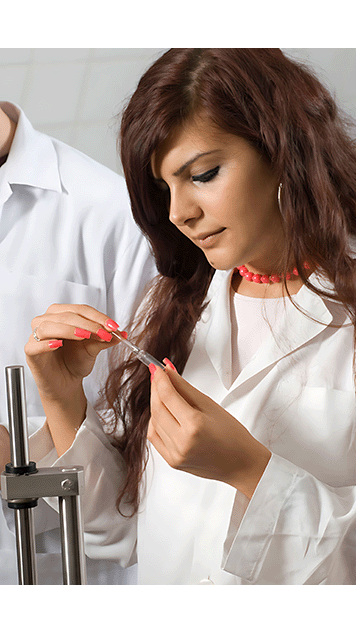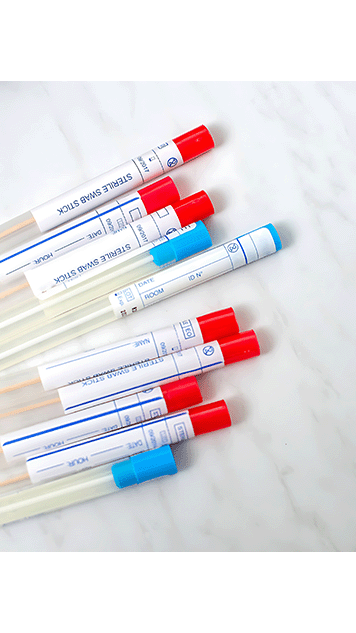-
Call: 03337721645
-
Email: info@noblemedsolutions.com
Oral Fluid Test
Oral Fluid Testing
Oral fluid (saliva) testing by is a resourceful and exposed means of detecting drug use in the moment, or up to 48 hours later. This makes it perfect for random testing and for testing over long periods.
The test results can be offered immediately, using point-of-care tests. In preference, samples can be sent to a laboratory and tested with greater accuracy. For this reason, point-of-care saliva testing is typically used to support other test methods.
Oral fluid testing has a lot of improvement over urine testing – which is why we choose not to offer the later. Samples can be collected with supervision, which often is not possible with workplace urine testing. It is also phenomenally difficult to tamper with saliva samples, when collected under supervision.
It is important to note that oral fluid test results may only be used as court evidence where the chain of custody is maintained for the sample – in other words, that the claimant can prove that the sample has not been tampered with. Working with a laboratory such as Noble Med Solutions ensures the chain is maintained. This is not possible with off-the-shelf saliva testing kits, which also offer less accurate results than with tests performed by professionals.
Substances tested for include:
- Amphetamine
- Cannabis
- Ketamine
- Opiates
- Mephedrone
- Methamphetamine
- Cocaine
- Tramadol
- Methadone
- Benzodiazepines
What you need to know about oral fluid (saliva) testing: The sample is collected using an absorbent mouth swab with Detection window been: 0 – 2 days

Advantages:
- ✔ Oral fluid tests can be offered as a point-of-care or a laboratory test.
- ✔ Difficult to tamper with the sample and also impossible to cheat the test.
- ✔ Laboratory tests are highly sensitive and accurate.
- ✔ Point-of-care results are offered nearly instantly but act as a screen and are therefore presumptive. Laboratory testing offers fast accurate results.
- ✔ Simple and non-invasive collection method.
Disadvantages:
- ✔ Only offers a limited detection window, and is therefore best suited to testing for drug use in-the-moment.
- ✔ Donors only produce a limited amount of saliva. This can make retesting difficult.
- ✔ At collection, donor may be nervous and suffer dry-mouth, which can make sample collection difficult.
- ✔ Point-of-care test results must be confirmed by laboratory testing.
Call Us on 03337721645 for FREE Consultations.
We always value our clients and provide bespoke drug and alcohol testing.

